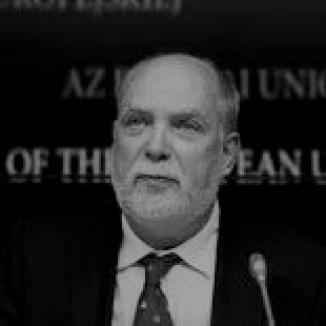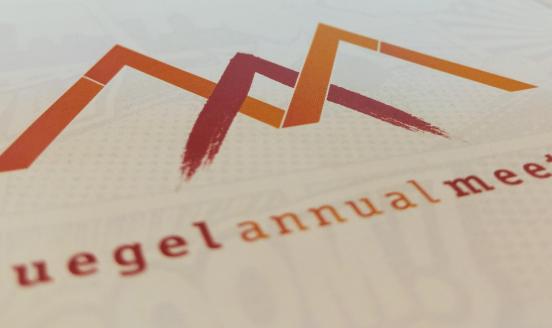
Thomas Wieser
Thomas Wieser was a non-resident fellow at Bruegel. He was President of the Euro Working Group and of the European Financial Committee of the European Union until February 2018. The role had been a full-time position since October 2011, following a decision to make it so by EU Heads of state. He previously chaired the Committee between March 2009 and March 2011.
Before becoming President of the EWG/EFC, he was Director General for Economic Policy and Financial Markets in the Ministry of Finance, Vienna. There he was in charge of macro-economic policy, international and EU affairs, financial market legislation, and export credits and guarantees.
He also has a strong academic background in Economics. After a degree in Economics (University of Innsbruck), he pursued post-graduate studies in theoretical and mathematical economics, and taught at the University of Colorado, Boulder (Fulbright scholarship) as well as the Institute of Advanced Studies, Vienna.
Disclaimer of external interests
Featured work

Greening Europe’s post-COVID-19 recovery
This Blueprint includes some of the Group’s most prominent voices on the different aspects of the multidimensional issue of green recovery.

Global Economic Resilience: Building Forward Better
A roadmap for systemic economic reform calling for step-change in global economic governance to increase resilience and build forward better from econ

Mobilising equity finance for Europe’s recapitalisation challenge
At this event we will discuss what sources of equity finance can help Europe emerge from the recession.

The post-coronavirus fiscal policy questions Europe must answer
Europe’s policymakers will have to take a series of decisions in the months ahead, in order to reinstate, and possibly reform, the bloc’s fiscal ruleb

Can the gap in the Europe’s internal market for banking services be bridged?
The European Union has made significant progress to a more unified banking market but frictions remain between euro and non-euro countries. Without a

What role for the European Semester in the recovery plan?
In this paper, the author looks at the implications arising from the focus of the Recovery and Resilience Plans in the context of the European Semeste

COVID-19 in CEE and Europe’s neighbourhood: Do we need a Vienna Initiative 3.0?
How is the Vienna Initiative evolving to respond to the crisis caused by COVID-19?

The European Union’s post-Brexit reckoning with financial markets
In the negotiations between the European Union and the United Kingdom over their future relationship, we see a high probability of a weak contractual

Bruegel Annual Meetings 2019, 4-5 September
The 2019 Annual Meetings featured the launch of Bruegel's memos to the new European Leadership, proposing how to deal with future policy challenges
Bruegel Annual Meetings 2019
Bruegel's 2019 Annual Meetings will be held on 4-5 September and feature the launch of Bruegel's Memos to the New European Commission.

One size does not fit all: European integration by differentiation
The need for reform of the EU is increasingly urgent. The authors of this policy brief suggest a new governance model, combining a bare-bones EU with

Bruegel Annual Meetings 2018
The 2018 Annual Meetings will be held on 3-4 September and will feature sessions on European and global economic governance, as well as finance, ener

Fiscal rules and the role of the Commission
The proposals on fiscal frameworks and rules in the recent CEPR Policy Insight on euro-area reform showcase the multiple dimensions of the fundamental
Tackling Europe’s non-performing loans crisis: restructuring debt, reviving growth
How can we connect the different initiatives for NPL resolution and identify an agenda that is shared between EU, national authorities and the private